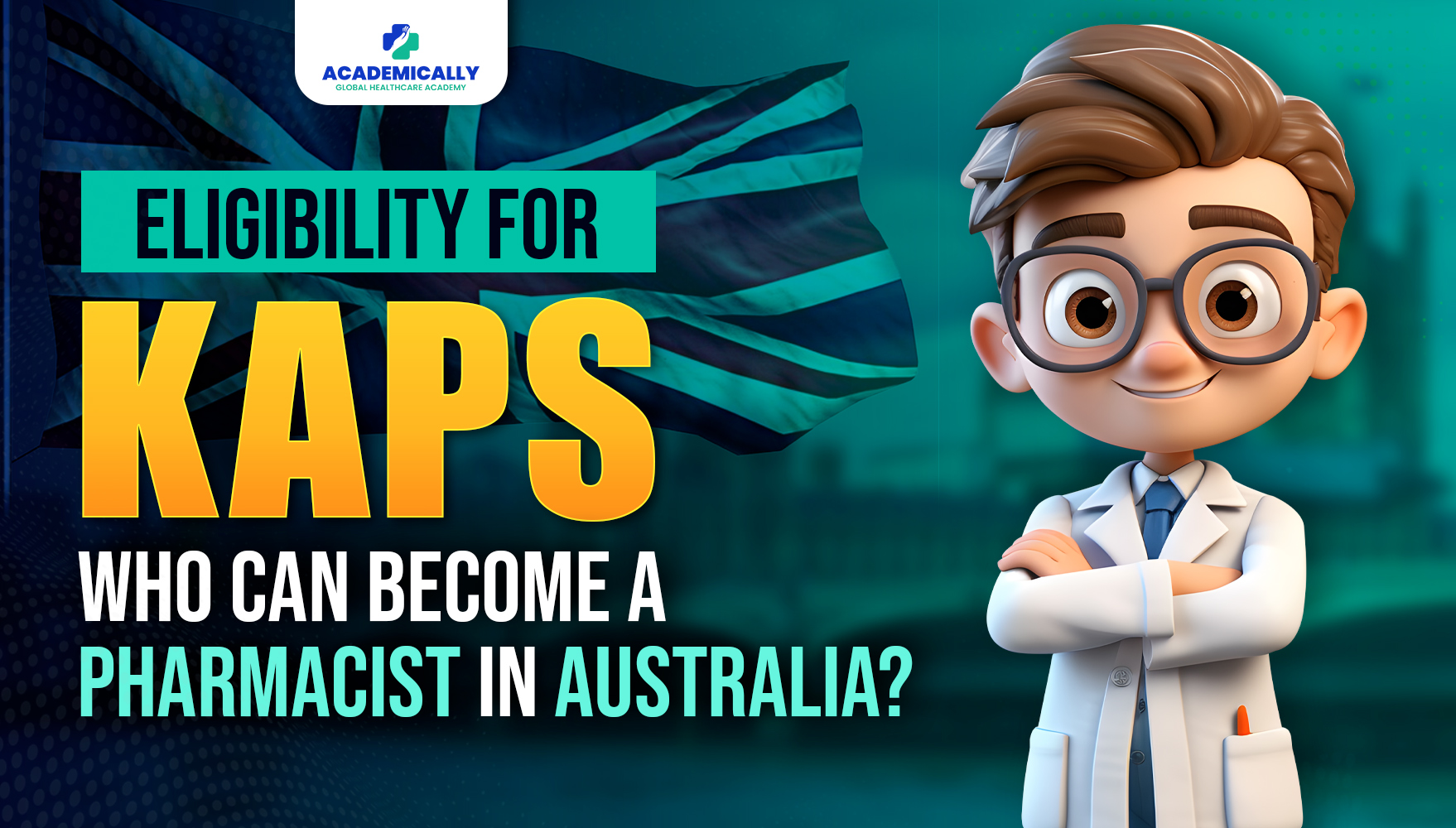Key Differences Between B Pharm & Pharm D
While both B Pharm and PharmD degrees fall under the umbrella of pharmacy education, they possess distinct characteristics that set them apart. Though they share a common goal of preparing students for careers in pharmacy, the focus, depth of study, and professional opportunities associated with each degree program vary significantly.
| Categories | BPharm | PharmD |
| Structure | Foundational sciences, Pharmaceutical sciences, Pharmacy practice, Pharmacology, Pharmaceutics, Pharmacy management | Clinical training, Patient care, Interprofessional collaboration, Pharmacotherapy, Healthcare systems, Evidence-based practice |
| Duration | Four years | Six years |
| Eligibility | 10+2 with a science stream and a minimum of 45% marks | 10+2 with a science stream and a minimum of 50% marks |
| Experiential Learning | Limited practical training during the program | Extensive clinical rotations and internships |
| Pharmacist Licensure | Eligible for pharmacist licensure after graduation | Eligible for pharmacist licensure after completing licensure exams and internships |
| “Dr.â€Â Title | Typically not used as BPharm is not a doctoral degree | Graduates are entitled to use the "Dr." prefix upon completion of the PharmD program and licensure |
| Job Market | Stable demand in various pharmacy sectors | Growing demand for clinical pharmacists and pharmacy leaders |
| Salary and Earning Potential | Salaries vary based on location, experience, and job role. Entry-level positions may offer very low salaries. | Higher earning potential due to advanced clinical training and expanded scope of practice, particularly in clinical pharmacy, research, abroad and specialised practice areas. |
| Research Opportunities | Limited research opportunities within the program | Opportunities for research projects and scholarly activities |
| Career Opportunities | Retail pharmacies Hospital pharmacies Pharmaceutical industry Regulatory agencies | Clinical pharmacy practice (hospitals, clinics) Community pharmacy management Pharmaceutical industry (medical affairs, drug information, clinical research) Academia (teaching, research) Healthcare Administration |
| Opportunities Abroad | Limited opportunities for practising abroad since BPharm is exempted in 6 countries, namely USA, Ireland, | Opportunities to work internationally in various healthcare settings, collaborate on global health initiatives, and participate in exchange programs or fellowships abroad |
Choosing the Right Degree
Deciding between a BPharm and PharmD degree requires careful consideration of various factors, including career goals, educational preferences, and personal interests. Here are some key considerations to help you make an informed decision:
Career Aspirations
If you aspire to work in clinical pharmacy practice, pursue advanced patient care roles, or engage in research and academia, a PharmD degree may be the right choice for you.
If you prefer a more traditional pharmacy career path, such as working in a retail or hospital pharmacy, a BPharm degree may align better with your career goals.
Educational Preferences
Consider your learning style and preferences when evaluating the curriculum of each program. BPharm programs may appeal to students who enjoy a strong focus on pharmaceutical sciences and basic pharmacology, while PharmD programs offer a more comprehensive and clinically oriented education.
Time Commitment
Assess the duration of each program and determine whether you are prepared for the time commitment required to complete a PharmD degree, which typically spans six years.
Professional Opportunities
Research the job market and career prospects associated with each degree to understand the professional opportunities available to graduates. Consider networking with pharmacists and pharmacy professionals to gain insights into different career paths within the pharmacy field.
Trends and Future Outlook
There's a notable trend of job saturation for pharmacists in some regions, leading to stagnant wages and increased competition for available positions. This trend has prompted pharmacists to explore alternative career paths and seek opportunities abroad where pay and lifestyle may be more favourable.
Indeed, the pharmaceutical industry continues to expand globally, and opportunities for pharmacists are abundant in countries where healthcare systems are evolving or experiencing rapid growth.
Notably, the recognition of PharmD degrees varies internationally, with some countries not accepting BPharm qualifications for pharmacy practice. Consequently, PharmD graduates may have a higher scope for international opportunities, particularly in countries where BPharm degrees are not recognised.
Moreover, pursuing career growth outside one's home country often involves taking foreign licensing exams and navigating regulatory requirements. Still, the potential for professional advancement and a broader scope of practice can be substantial for pharmacists willing to embrace international opportunities.
Final Words
The choice between pursuing a Bachelor of Pharmacy (BPharm) or a Doctor of Pharmacy (PharmD) degree is a significant decision that hinges on individual career goals, preferences, and aspirations within the dynamic field of pharmacy.
BPharm programs provide a solid foundation in pharmaceutical sciences and pharmacy practice, offering diverse career opportunities in traditional pharmacy settings and the pharmaceutical industry.
On the other hand, PharmD programs offer advanced clinical training, patient-centred care, and a broader scope of practice, positioning graduates for roles in clinical pharmacy practice, research, academia, and healthcare administration.
While both degrees lead to rewarding careers in pharmacy, aspiring pharmacists must carefully evaluate their educational preferences, future career paths, and the evolving trends and opportunities within the profession to make an informed decision that aligns with their professional aspirations and contributes to their long-term success in pharmacy.
- If you are clueless after completing BPharm or PharmD, we insist you look at this exam and the wide opportunities it offers after passing and getting registered.
Fill up this form for a free one on one counselling session.






